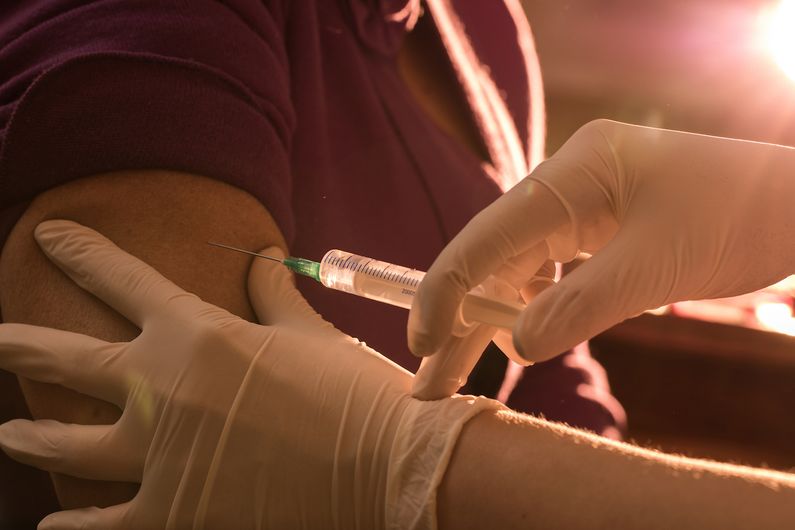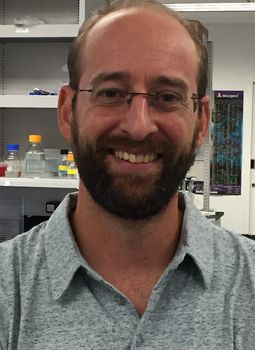COVID-19: the number of antibodies neutralizing the virus decreases after six weeks
- Salle de presse
06/09/2020
- UdeMNouvelles
Three weeks after onset, more than 90% of infected people have antibodies that recognize one of the hallmarks of SARS-CoV-2, the S glycoprotein.
Neutralizing antibodies are thought to be key to the development of an efficient vaccine against SARS-CoV-2. Researchers at the University of Montreal Hospital Research Centre (CRCHUM) indicate that ensuring their presence over long periods of time might be required.
“Our study shows that more than six infected people in ten generated neutralizing antibodies in only two weeks after disease symptom onset. Nevertheless, this neutralization capacity decreases after a period of six weeks. In this case, a few booster shots of the vaccine will probably be required for long-term protection of the population,” said researcher Andrés Finzi, the Canada Research Chair in Retroviral Entry and a professor at the Université de Montréal.
In a non-peer-reviewed study posted online on the preprint server bioRxiv, Finzi’s team evaluated the neutralizing capacity of plasma—the liquid component of blood containing antibodies—one, two, three and six weeks after disease symptom onset. To do so, the team used virus-like particles that express SARS-CoV-2 S glycoprotein (or Spike glycoprotein) on their surface. This “key” allows the virus to unlock the door of healthy cells, go inside and infect them.
To conduct their experiments, the scientific team used the plasma samples of 108 healthy, infected or convalescent patients, provided by their colleagues at Héma-Québec and Quebec’s public health laboratory.
Additional information
· According to this study, more than six infected people in ten generated neutralizing antibodies in only two weeks. The remaining four didn’t have recourse to this immune arsenal to heal;
· Unlike virology or PCR tests, which confirm whether a person is infected when the specimen is collected, serology tests make it possible to determine whether a person has been infected by SARS-CoV-2 by checking to see whether they have developed antibodies.
Funding
· This research project was funded by the Ministère de l’Économie et de l’Innovation du Québec and the Fondation du CHUM ;
· This research is supported by Mitacs as part of the Mitacs Accelerate program.
About the CRCHUM
The CHUM Research Centre (CRCHUM) is one of North America’s leading hospital research centres. It strives to improve the health of adults through a continuum of research spanning disciplines such as basic science, clinical research and population health. More than 2,150 people work at the CRCHUM, including nearly 500 researchers and nearly 650 students and postdoctoral fellows. crchum.com
Media contact
-
Julie Gazaille
Université de Montréal
Tel: 514 343-6796













